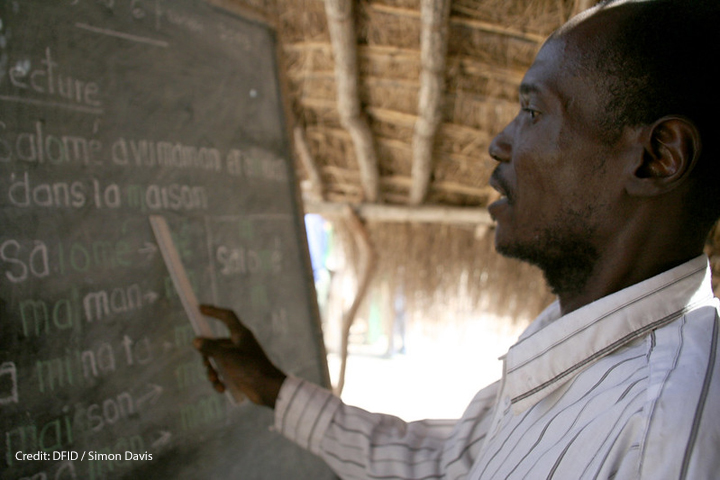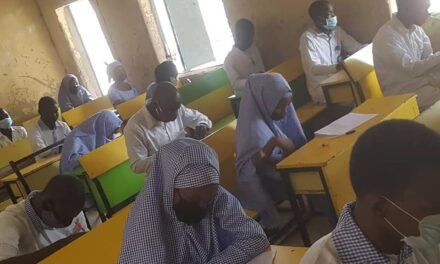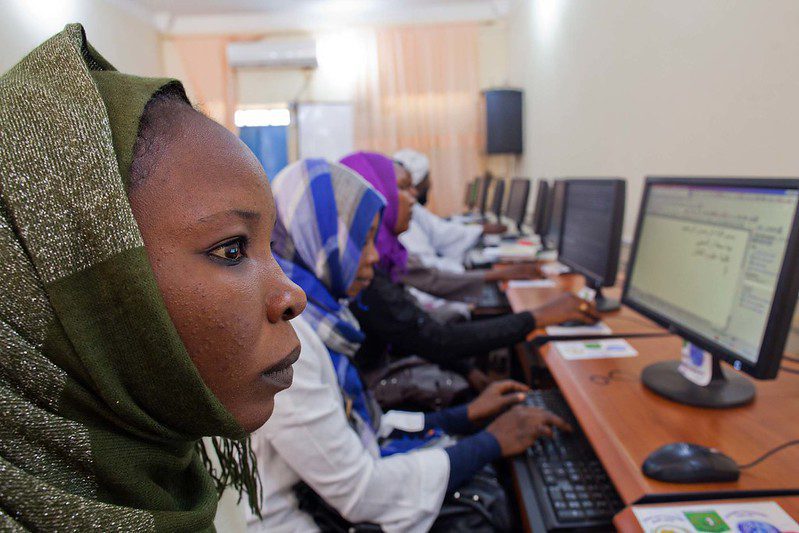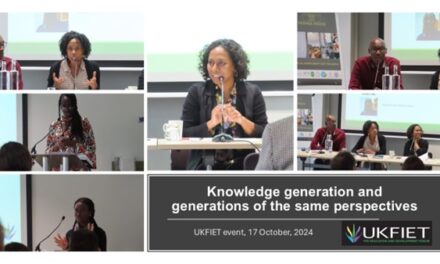This article was written by Anna Riggall, Director of Research and Consultancy at Education Development Trust (EDT). It was first published on the Education Development Trust website on 10 August 2022.
What is the most important thing we can do to get evidence to drive education reform at the highest levels? This is an age-old question as much as it is a pressing and relevant challenge today. For researchers and champions of evidence use for decision making, it is also a professional conundrum. For Anna Riggall, the answer is straight forward. She argues evidence production must be demand driven and the process led by the right people.
A great example of our experience in demand-driven research work comes from Ethiopia. We have been the managing agent for the Foreign, Commonwealth and Development’s Office (FCDO’s) £19.5 million package of Technical Assistance for the General Education Quality Improvement Programme for Equity (GEQIP-E) in Ethiopia since 2019. The programme is called ‘Technical Assistance to Reinforce GEQIP-E Ethiopia’ or TARGET for short. Its aim is to improve student learning outcomes and equity by linking the top of the system (the Ministry of Education) with the bottom (schools).
A key component of the TARGET programme is Monitoring, Evaluation, Research and Analysis (MERA). Through this stream we have been running a demand-driven research function in partnership with the Government of Ethiopia. The entire research process is managed collaboratively between the EDT TARGET research team and MoE Planning, Resource Mobilization and Development Directorate (now the Strategic Affairs Office) – often involving key Ethiopian researchers and stakeholders across the system and country. The MoE sets the research agenda.
To date, this approach has been applied to eleven country-wide research studies, with more to follow. The topics have ranged from looking at education finance and public private partnerships to school feeding programmes and Covid-19 response and recovery plans. Each study directly aligns with the ministry’s plans for improving learning and equity and provides them with crucial intelligence that can be used to improve policies and practice.
The results: ‘a researcher’s dream’
We at EDT are the sherpas. Our job in the TARGET responsive research function, led by Tewodros Wendmneh, is to get the coalition formed for each study, bring the momentum, steer and advise, fix issues and address barriers, and ultimately to get the best quality answer we can for each question that is posed.
The results are amazing. The team regularly sees events attended by more than 100 people from across the country, representing all regions and a variety of stakeholders. The purpose of these meetings is twofold – firstly, validation that the findings make sense and are usable and secondly, to make the process of deciding what should be done about them a collaborative one that is owned by the key decision makers and actors in the system (not by the researchers or EDT TARGET team). As well as the full research reports each study also produces a shorter, clear set of recommendations for use and actions to take forward which come directly from these meetings.
As a researcher it is the dream – to see a room full of doers representing a broad range of relevant institutions and organisations discussing how to act on the findings of new evidence with the shared purpose of improving the system. Having seen this work in Ethiopia, our team have felt what it is to do demand driven research first hand. It has not been easy or comfortable at times. For all of us it has been a professional challenge. But what is clear is that the results are different.
Why do we not see this level of engagement more often?
The international research community has reflected a lot on how to achieve greater impact from educational research and progress has been made. We think about demand and relevance more than we once did. Organisations like EDT marry academic rigour in research with a focus on pragmatic studies that produce findings that can be actioned. There has been a focus on evaluating and testing what works. But big questions remain. Can we really say that our work is truly demand-driven now? Who is setting the research agenda? And are we answering the right questions?
Moving towards demand-driven research ‘utopia’
There is a lot of noise in the research world around education improvement in low- and middle-income countries – and there remain many evidence gaps. From our experience we have seen how certain forms of evidence (e.g. evaluation, EMIS data) and knowledge are perceived as most trustworthy, relevant or usable. The research agenda is not often set by those who will use its outputs. This leaves decision makers with incomplete evidence that does not answer the critical questions they are asking, or offer solutions to the issues they must resolve. No doubt there are still issues with accessibility of certain types of research, and this will play a part. But simply making research easier to find and digest is not enough – access and availability of evidence is no match against trust and appetite, so this goes deeper in my view.
We could collectively do better if we rallied around a truly demand-driven research agenda. My research utopia is one where there is more coordination between research institutions and individuals internationally, and targeted use of limited resources to tackle shared agendas set by those in need of the answer. And maybe this utopia is not too far off. FCDO’s What Works Hub has the potential to organise a disparate but talented international research community, and (more) importantly national ones too, focusing those involved in the educational improvement priorities of ten countries. Certainly, in EDT’s delivery of the WWH pilot with FCDO we have seen glimpses of something exciting and brilliant that could change the terms of trade and ultimately make a big difference to the role of evidence in driving education reform.
Contact Anna Riggall to share your reflections – ariggall@educationdevelopmenttrust.com






